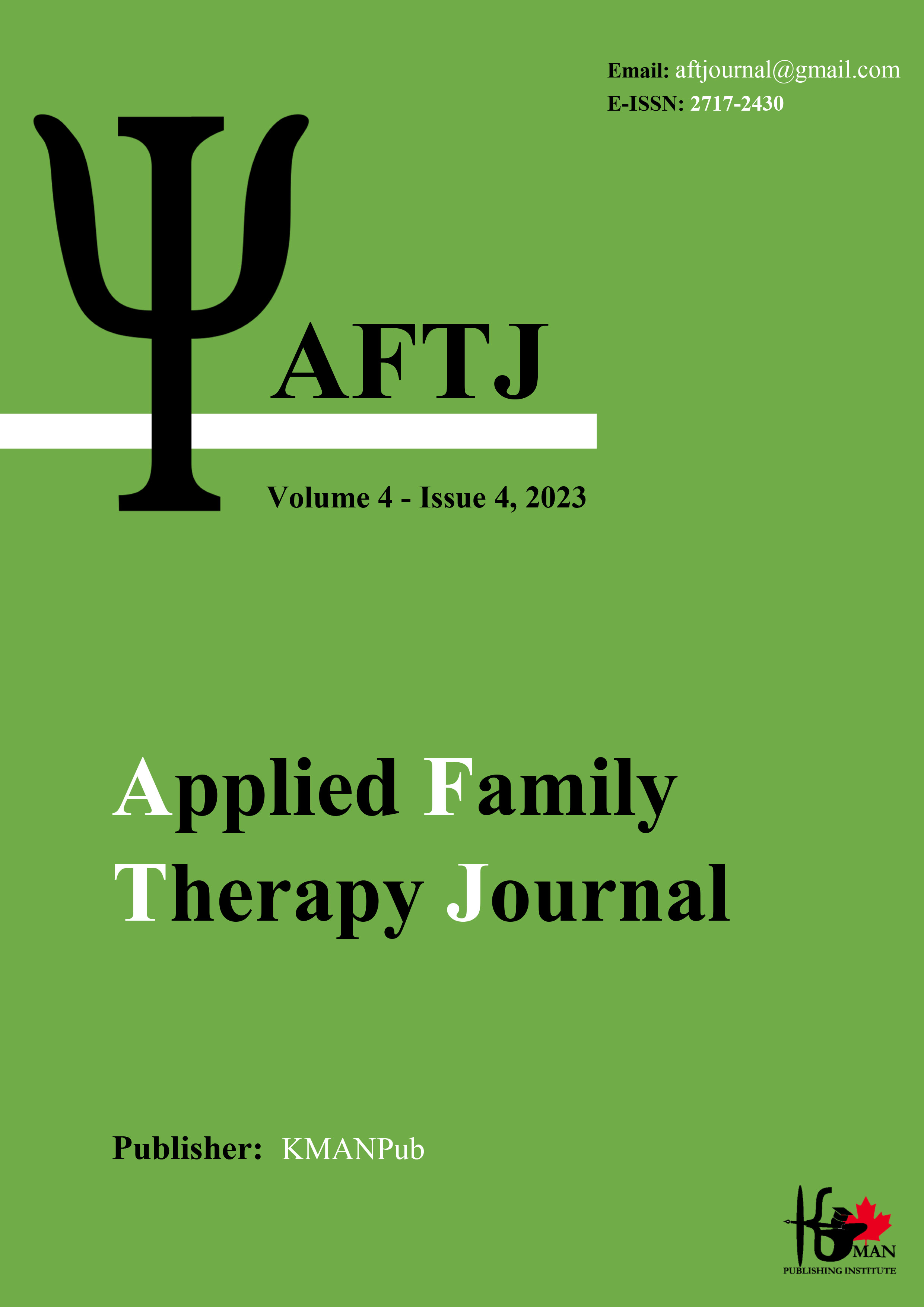The effectiveness of treatment based on acceptance and commitment on sexual performance and emotional safety in men with cardiovascular disease
Keywords:
acceptance and commitment therapy, sexual function, emotion, cardiovascular disease.Abstract
Aim: The aim of the research was to determine the effectiveness of the treatment based on acceptance and commitment on sexual performance and emotional safety in people with cardiovascular disease. Method: The research method was quasi-experimental with a pre-test-post-test design with a control group and a two-month follow-up phase. The statistical population of the study was cardiovascular patients in Isfahan city in 2022, and 34 patients were selected using the purposive sampling method and randomly assigned to one experimental group and one control group (17 people in each group). The research tools were Rosen's Male Sexual Performance Questionnaire (2004) and Emotional Safety Questionnaire. Treatment based on acceptance and commitment was implemented in 9 sessions of 90 minutes once a week and the control group was waiting for treatment. The data were analyzed using the statistical method of mixed analysis of variance and Bonferroni post hoc test. Results: The results showed that the effectiveness of treatment based on acceptance and commitment and transdiagnostic treatment was on the components of sexual function and emotional safety in cardiovascular patients (P<0.001). Also, the results showed that these effects had maintained their stability in the follow-up phase (P<0.001). Conclusions: Therefore, both interventions can be used to improve the components of sexual function and emotional safety of cardiovascular patients and improve their quality of life.
Downloads
Downloads
Published
Issue
Section
License

This work is licensed under a Creative Commons Attribution-NonCommercial 4.0 International License.





















